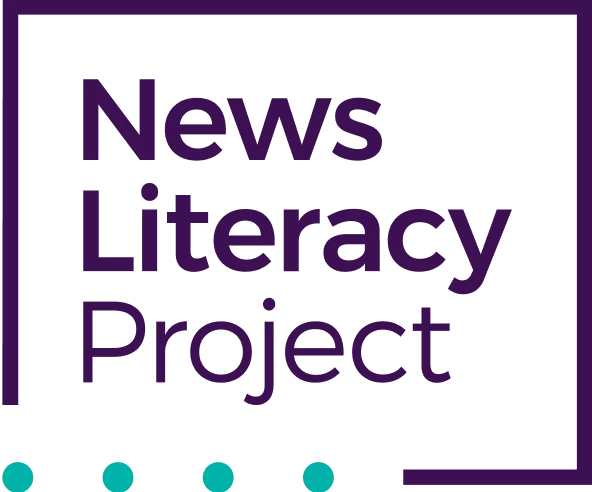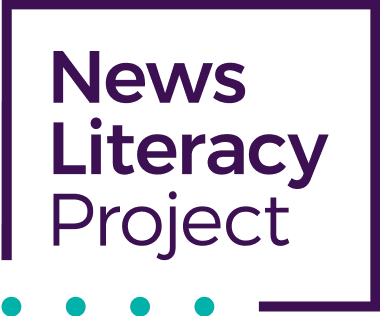Filter
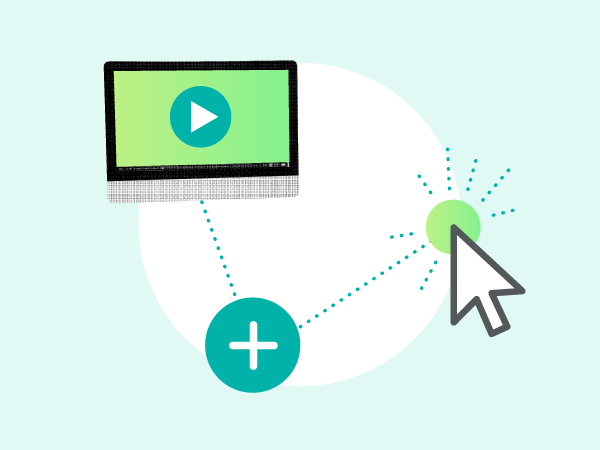
RumorGuard Report: Don’t Be Fooled
When big news breaks, it can be hard to cut through the noise and find accurate information. Misinformation thrives…

Democracy’s Watchdog: My Lai Massacre
Learn about the historic watchdog role that a free press has played in the United States by exploring a…

Democracy’s Watchdog: Migrant Child Labor
Learn about the historic watchdog role that a free press has played in the United States by exploring a…

Democracy’s Watchdog: Seafood from Slaves
Learn about the historic watchdog role that a free press has played in the United States by exploring a…

RumorGuard Guide: 2025-26 school year
A classroom-ready resource that uses real trending examples of misinformation to guide students through the fact-checking process.
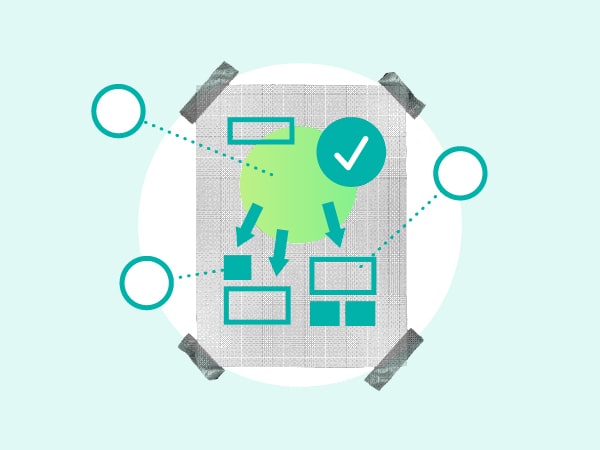
Impostor alert: Don’t fall for fake Labubus or news knockoffs
This poster uses the popularity of Labubu toys to offer tips on how to spot impostor content online.
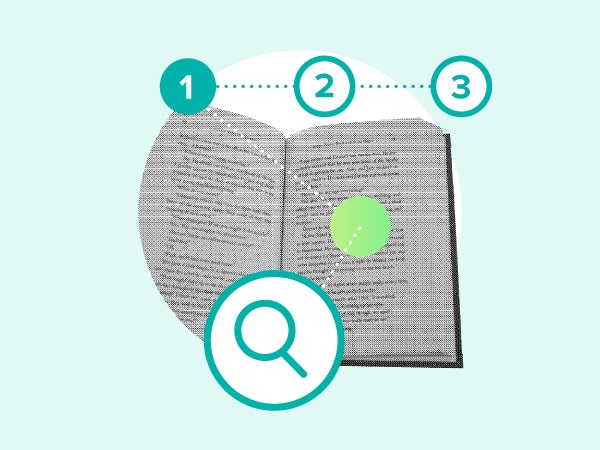
Dig Deeper | RumorGuard: How can you evaluate the credibility of an online claim?
Students apply credibility-checking skills to online content in this classroom-ready activity, a supplement to The Sift newsletter.

Dig Deeper: What is misinformation?
Students identify forms of misinformation and their effects in this classroom-ready activity, a supplement to The Sift newsletter.

Misinformation Dashboard: Election 2024
The Misinformation Dashboard provides a glimpse into misinformation that circulated during the 2024 election.

RumorGuard
The RumorGuard website provides timely news literacy lessons based on trending misinformation examples.
